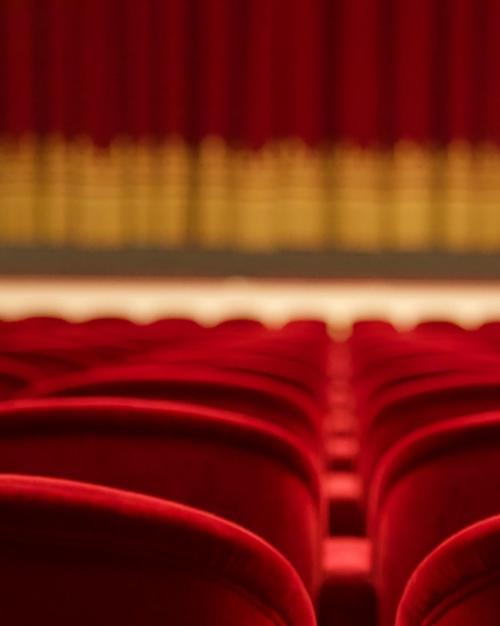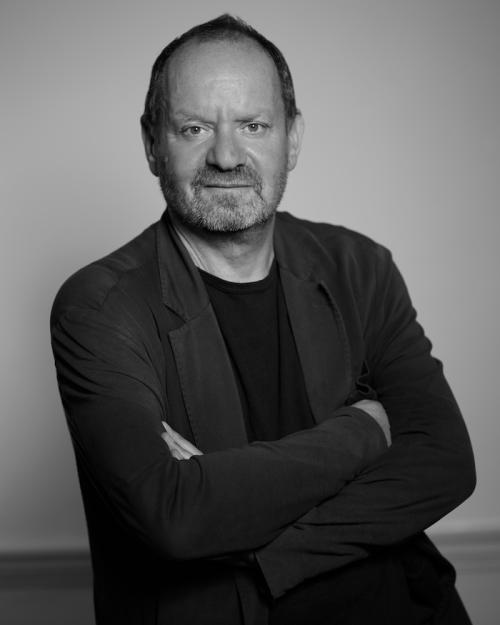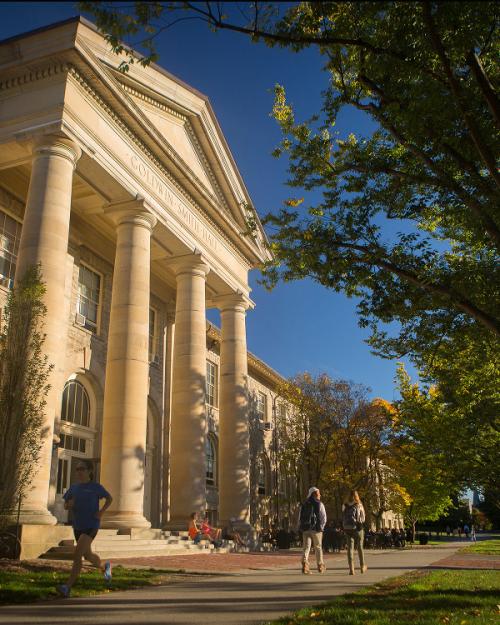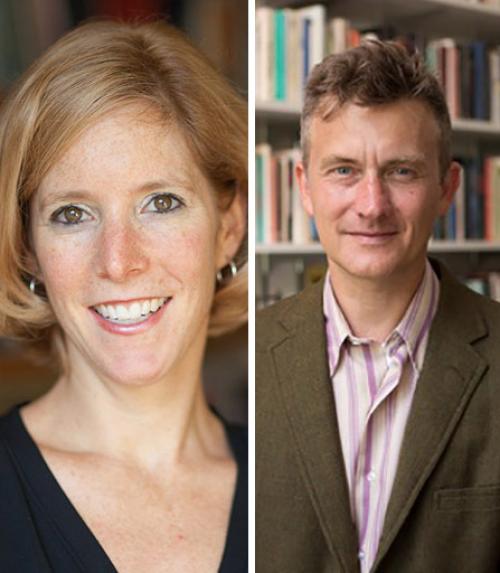
2024-25 Nathan Award for Dramatic Criticism winners announced
A&S Communications
 Department Homepage
Department Homepage
 Department Homepage
The College of Arts & Sciences
Department Homepage
The College of Arts & Sciences



